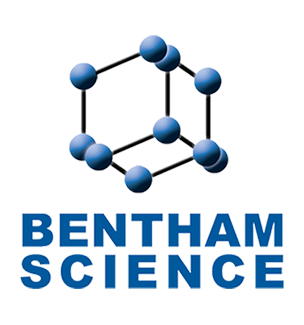Chinmay Research Education and
Publication

Chinmay Research Education and
Publication
Home |

Blockchain-enabled Internet of Things Applications in Healthcare: Current Practices and Future Directions The idea of the Internet of Things (IoT) is expanding daily and encompassing an increasing number of domains. The security issue is one of the most important ones that has been researched in relation to IoT. Understanding the intellectual knowledge structure, development trends, and research focuses of the blockchain in IoT healthcare is the main goal of this book. The potential of IoT and blockchain in overcoming the aforementioned difficulties, which are closely related to the process of realizing secure healthcare systems, should also be highlighted and reflected in the submitted chapters.
The idea of the Internet of Things (IoT) is expanding daily and encompassing an increasing number of domains. Through the creation of new applications in a variety of fields, including smart homes, smart health, smart cities, industry 4.0, WSN, smart agriculture, etc., IoT has the ability to introduce and create a smart world. Patient physiological data can be gathered, sent, and stored thanks to smart healthcare. Wearable sensors can be used for remote patient monitoring. The acquired data can be processed, saved, and made available to doctors so they can consult patients at any time and from any Internet-connected device.
Blockchain has prospects for addressing the aforementioned IoT restrictions thanks to its decentralization, data immutability, and protected data protection features. Despite the benefits of combining blockchain and IoT, there are a number of new challenges that have emerged, such as poor scalability, challenges in identifying malicious blockchain behaviors, difficulties in identifying vulnerable codes in smart contracts, and maintaining dependable blockchain systems for IoT systems. Blockchain technology can therefore be used in the healthcare industry in conjunction with IoT to improve its capabilities and guarantee the confidentiality and privacy of patient records.
This book is based on IoT-Blockchain technology that has the ability to replace a variety of manual works in healthcare sector for both patients and doctors using algorithms like remote patient monitoring system, which in turn leads to increased production work, efficiency & accuracy. There are several advantages of using IoT-Blockchain based models and trends for both patients and doctors. This book has also provided detailed study with respect to the titles provided in all the chapters.
We are soliciting work-in-progress chapters and papers from the community. The scope of the book includes but is not limited to the following topics:
Blockchain-enabled Internet of Things Applications in Healthcare: Current Practices and Future Directions book proceedings will be published by BENTHAM SCIENCE PUBLISHERS.
No Publication Charge
Each Contributor shall receive an ACADEMIC CERTIFICATE as the copyright of the Contribution.
SCOPUS
All questions about submissions should be emailed to: